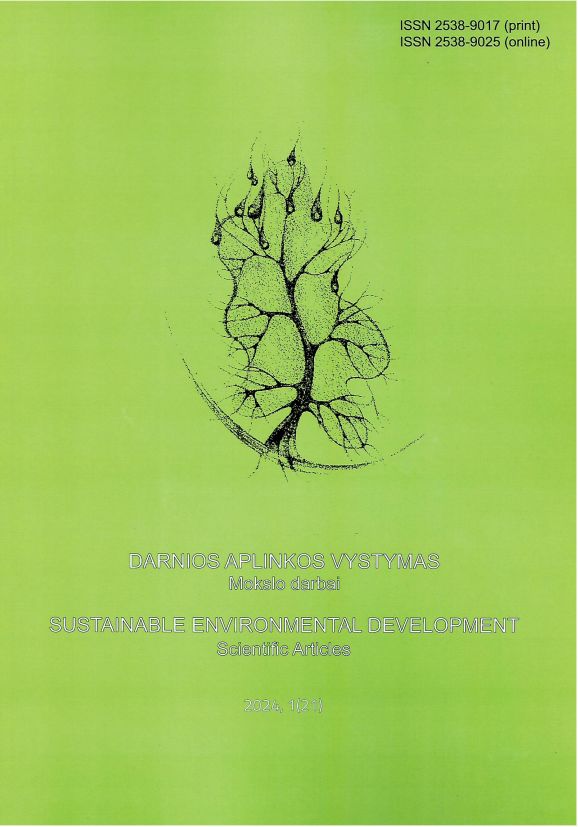Digital Transformation and Organizational Change: A Literature Based Framework
DOI:
https://doi.org/10.52320/dav.v22i1.367Keywords:
Digital transformation, digital organization, technology adoption, business model innovation, strategic managementAbstract
Digital transformation is changing the way organizations are structured and operate, but many of its impacts remain unclear. In this article, we break digital transformation into three key components: digitization and full-scale transformation. We then present an integrated framework that addresses not only technological changes, but also shifts in organizational structure and culture. By reviewing literature from 2018 to 2024 and examining real-world examples, from the successes of companies like Amazon and GE to the struggles seen in cases like Blockbuster and Nokia, we show that digital transformation can lead to flatter hierarchies and more agile, data-driven decision-making processes. However, challenges remain, such as cultural resistance and the difficulties of integrating legacy systems. Our findings show that successful transformation requires careful alignment of technology, culture and strategy. Moreover, we propose a diagnostic tool designed to assess an organization's digital maturity and emphasize that digital transformation is not a one-time event but a continuous strategic journey aimed at maintaining competitive advantage in a rapidly evolving digital environment.
Downloads
Published
Issue
Section
License
Copyright (c) 2025 Murat Mehmet Koska, Cemal Akturk, Ceren Cubukcu Cerasi

This work is licensed under a Creative Commons Attribution 4.0 International License.
Individual articles are published Open Access under the Creative Commons Licence CC-BY 4.0, which permits unrestricted use, distribution, and reproduction in any medium, provided the original author and source are credited. Authors retain copyright in their articles, but grant Klaipėdos valstybinė kolegija the right of the first publication.

